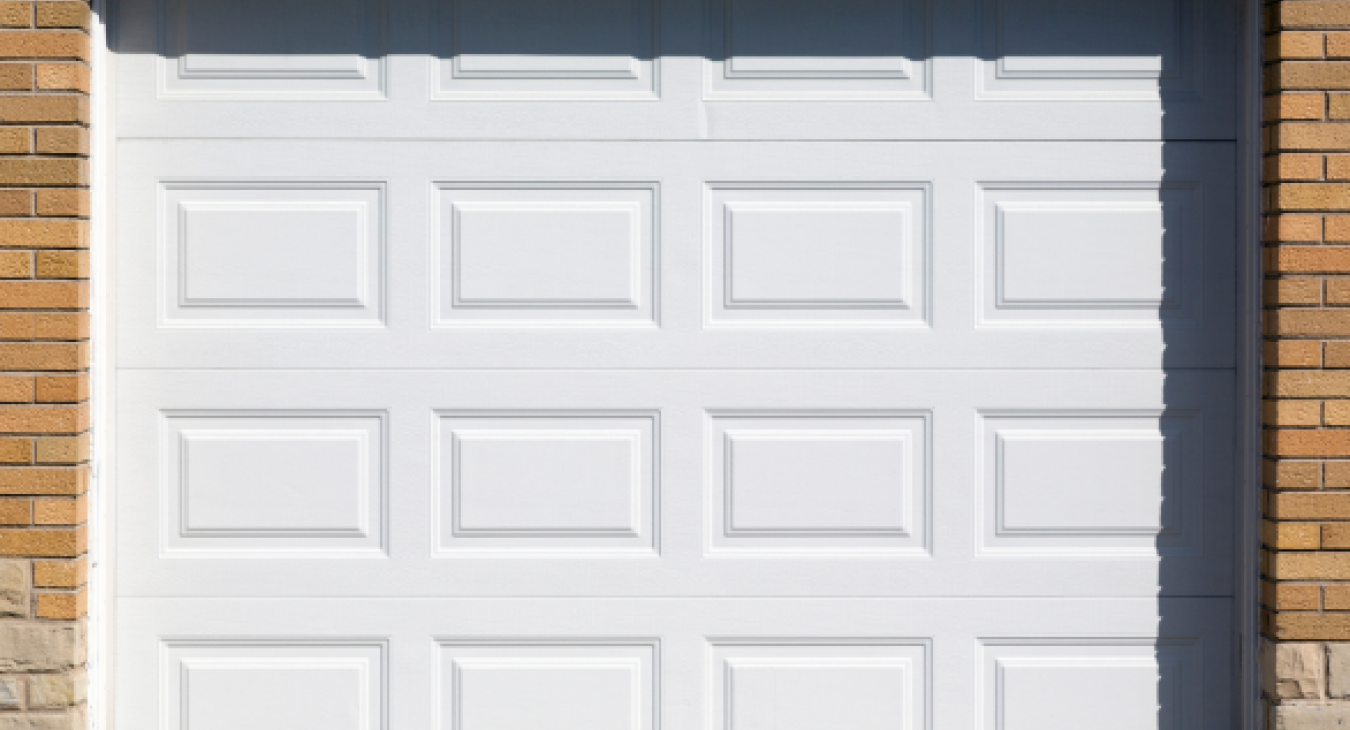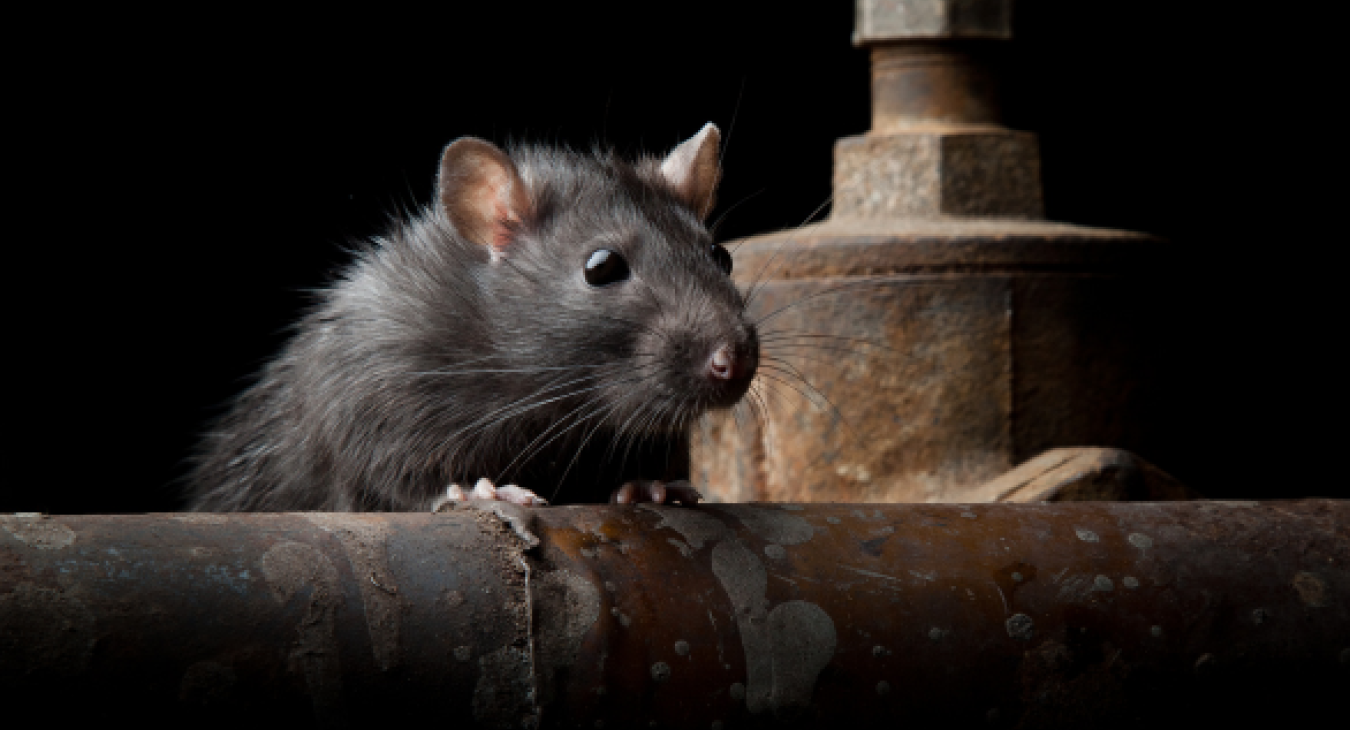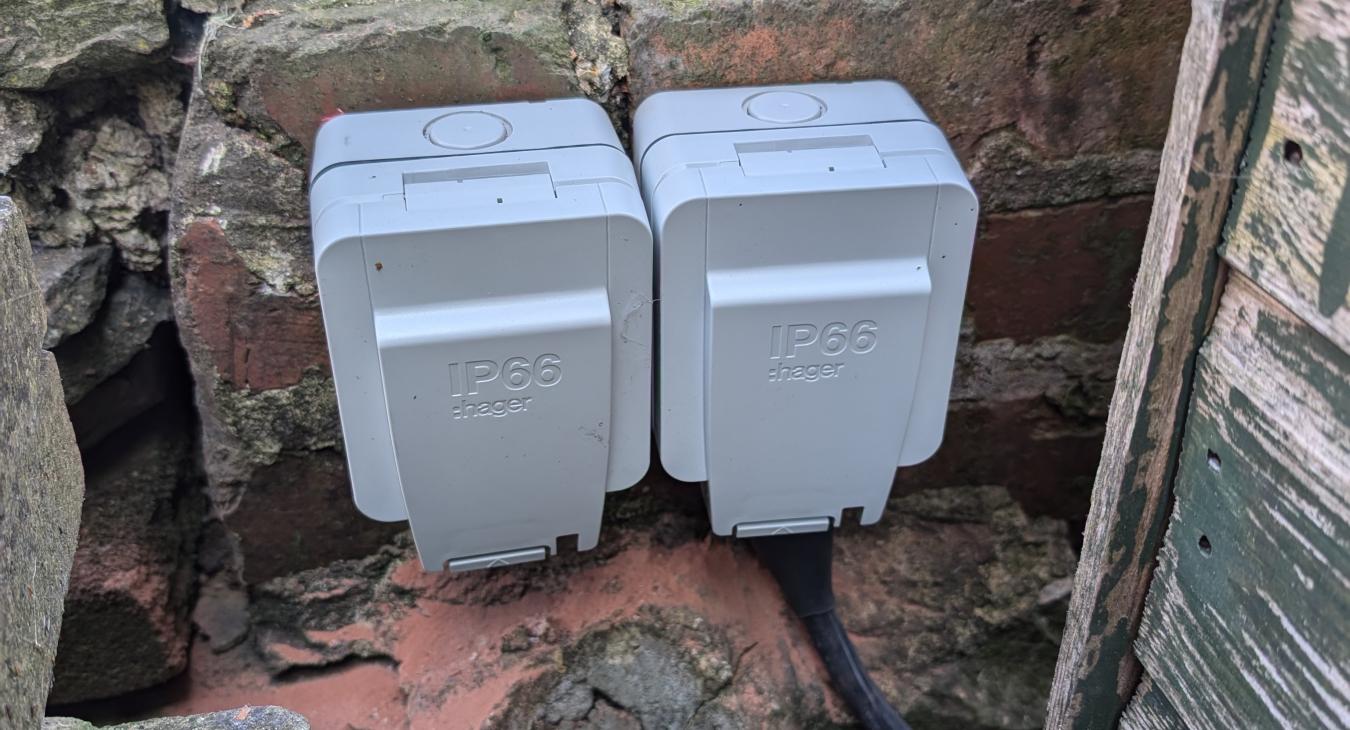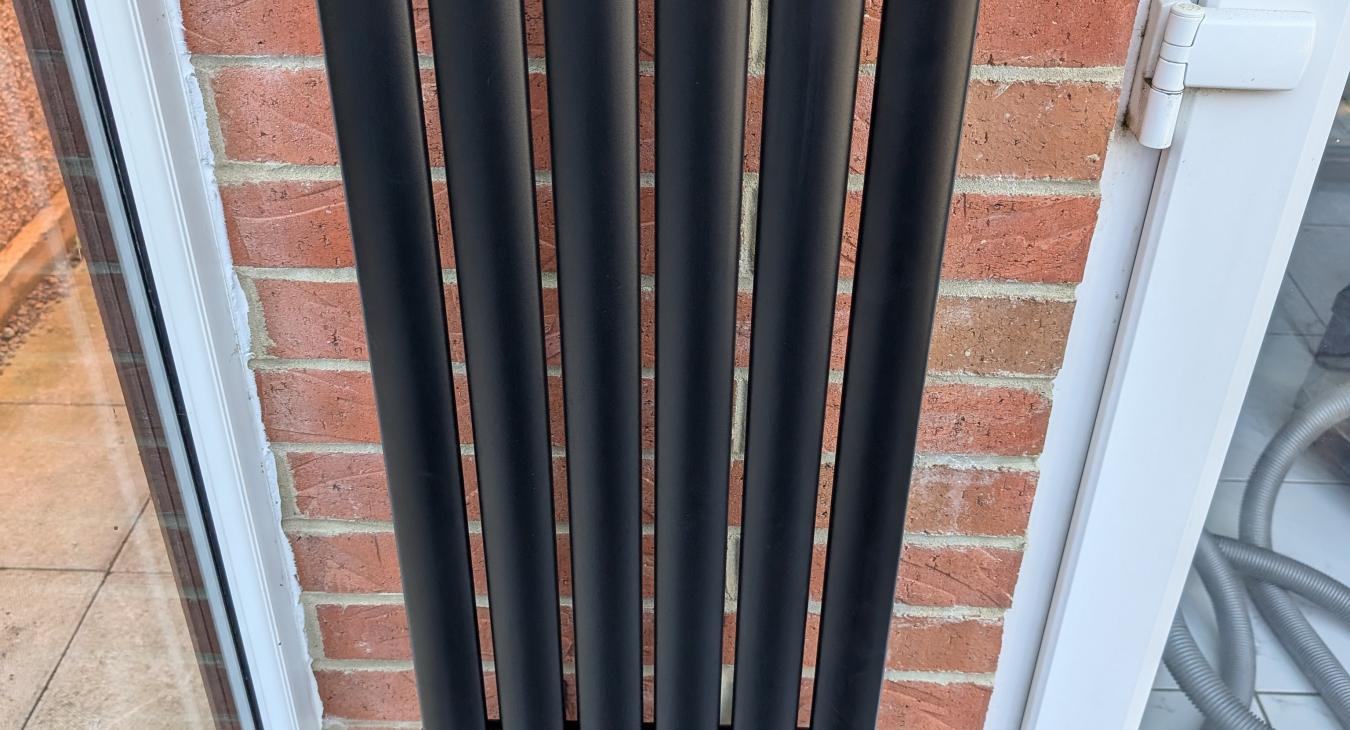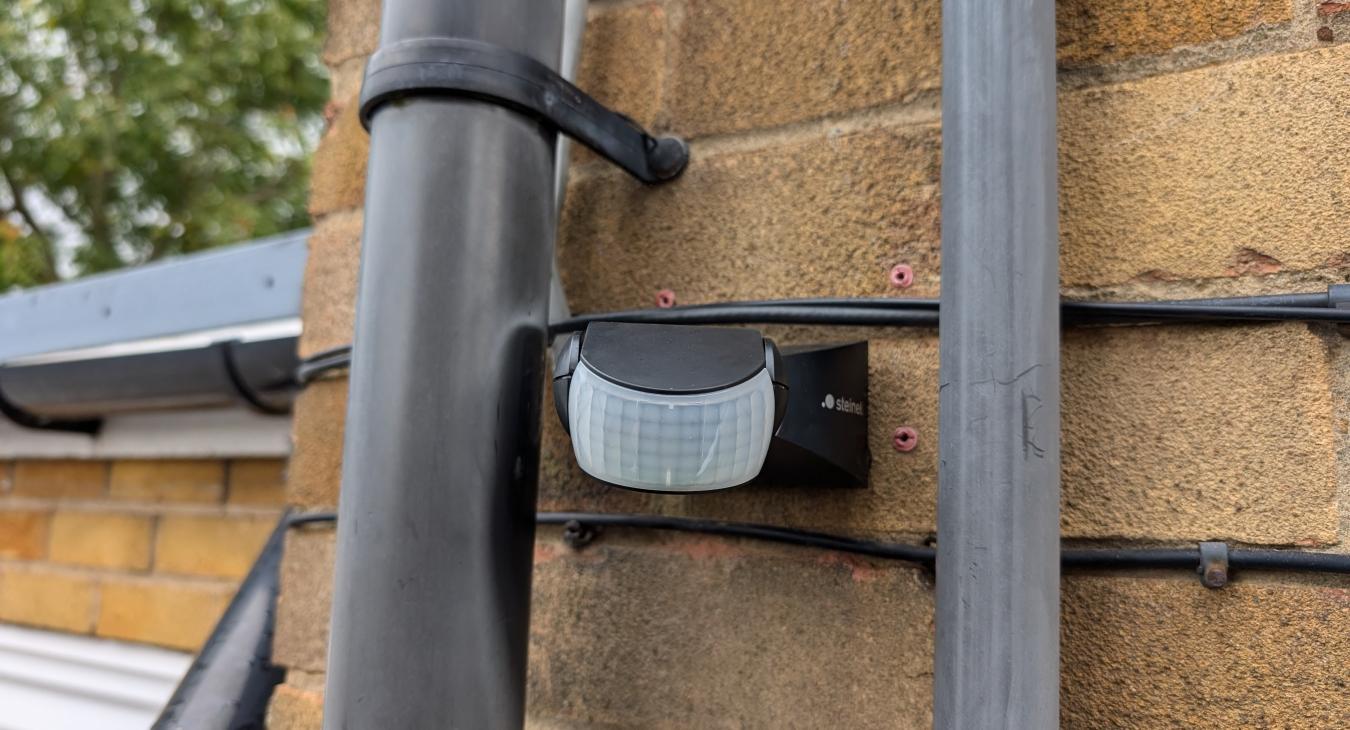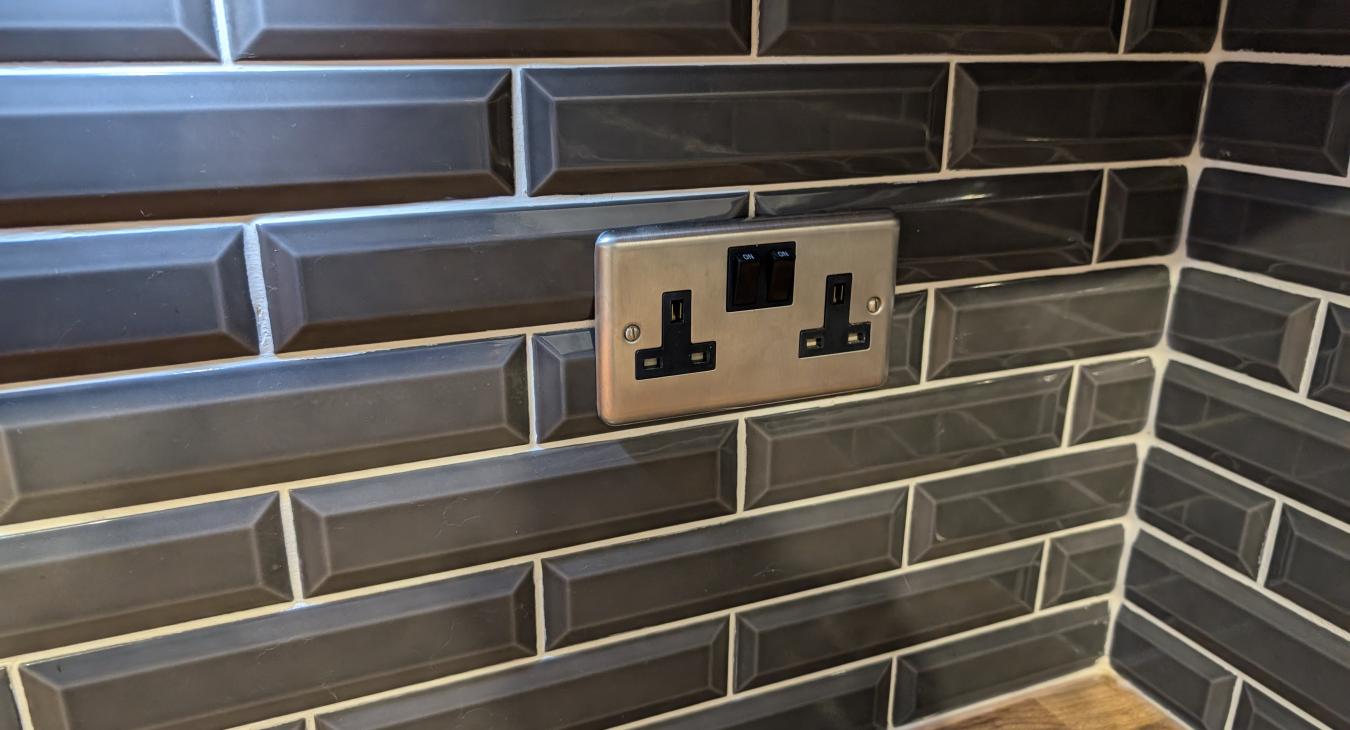There are several steps you as a homeowner can take to rectify the issue yourself, many of them simple and inexpensive. If your condensation issues are a little more complex, you may find yourself in need of a qualified electrician to safely install some condensation busting devices. Quality Electrician in Birkenshaw, Bradford have put together this simple guide on how to stop condensation to help you decide which option is best for you. If you need an electrician in the Bradford area to help with your condensation problems our friendly electricians will be happy to help.
What Causes Condensation?
The air in your home contains moisture. Cooking, showering and even breathing can add to the amount of moisture present and increase the humidity. When this warm, wet air hits a cold surface such as a window or outer wall, small water droplets form and condensation occurs. If the condensation is allowed to sit on a wall or penetrates window coverings and furnishings, you could end up with mould forming. To stop condensation, you need to reduce the amount of water vapour in your air. No-one is going to suggest you stop cooking or bathing – and breathing is definitely non-negotiable! So how can we reduce the moisture in the air, without reducing the activity in your home? Ventilation is the answer.
Ventilation to Stop Condensation
Draught proofing, insulation and double glazing are great ways to improve the energy efficiency of a building. They do, however, have a downside - reduced airflow and ventilation. Luckily there are many ways to improve your ventilation without compromising your energy efficiency. Ventilating your home properly allows water vapour to escape and will reduce your condensation issues. Ways to stop condensation through improved ventilation include:
-
Open windows. This is the simplest way to increase airflow in your home. Try especially to remember to open a window when cooking or showering. If your windows lock partially open, leave them like this whenever you can.
-
Check you have sufficient air bricks and air vents to allow air exchange. A reputable builder will be able to advise you if any remedial work is needed.
-
Use an extractor fan in your bathroom. These are a great way to remove the excess moisture created by bathing and showering. Make sure to turn it on every time you bathe. If your bathroom doesn’t have an extractor, call in a qualified electrician who will safely install one for you.
-
Turn on the cooker hood when cooking. A good cooker hood will also stop grease from forming on your surfaces and will remove odours too. If your existing cooker hood isn’t up to the task or your kitchen isn’t equipped with one, now is the time to consult your electrician.
-
Try a dehumidifier. A dehumidifier is a freestanding ventilation appliance that removes excess moisture from the air through either refrigeration of desiccation. They are particularly useful if you need to dry clothes in your home, they can even reduce drying time!
-
Positive Input Ventilation (PIV) This is a whole house ventilation system that may be needed if you have serious condensation problems. Let’s take a closer look.
How to Stop Condensation with Positive Input Ventilation
Positive Input Ventilation systems are a closed loop ventilation solution suitable for almost any domestic setting. They work by pulling in air from outside, filtering it and then circulating it around your home. This increased airflow aids in the removal of humid air by creating positive air pressure. As a whole house ventilation system, they improve the air quality in every room by displacing humid air and the mould spores it can contain and replacing with clean, filtered air.
Benefits of a PIV installation include:
-
Whole house ventilation – Every room in your home will benefit from this system, even those problem areas that see little traditional air flow.
-
Prevents condensation – A PIV unit maintains air humidity at a stable level throughout your home.
-
Health benefits – Mould in a home can be particularly harmful to those with respiratory issues. Reducing condensation prevents mould from forming.
-
Save energy – You could see a reduction on your heating bills. As hot air rises it is captured by the system and recirculated meaning you aren’t wasting energy heating your loft!
A PIV system should only be fitted by a qualified and experienced electrician. The system will be running continuously in your home and will most often be fitted in your loft space. It is essential that it is installed correctly and is compliant with building regulations to keep you and your home safe.
Now you know how to stop condensation in your home, do you need some assistance from a qualified electrician? Quality Electrician are your Bradford based, friendly and reliable electricians. Fully qualified and NICEIC registered you can be certain of a high-quality service. Our experienced electricians will be happy to discuss all your options to stop condensation. Call us today.












